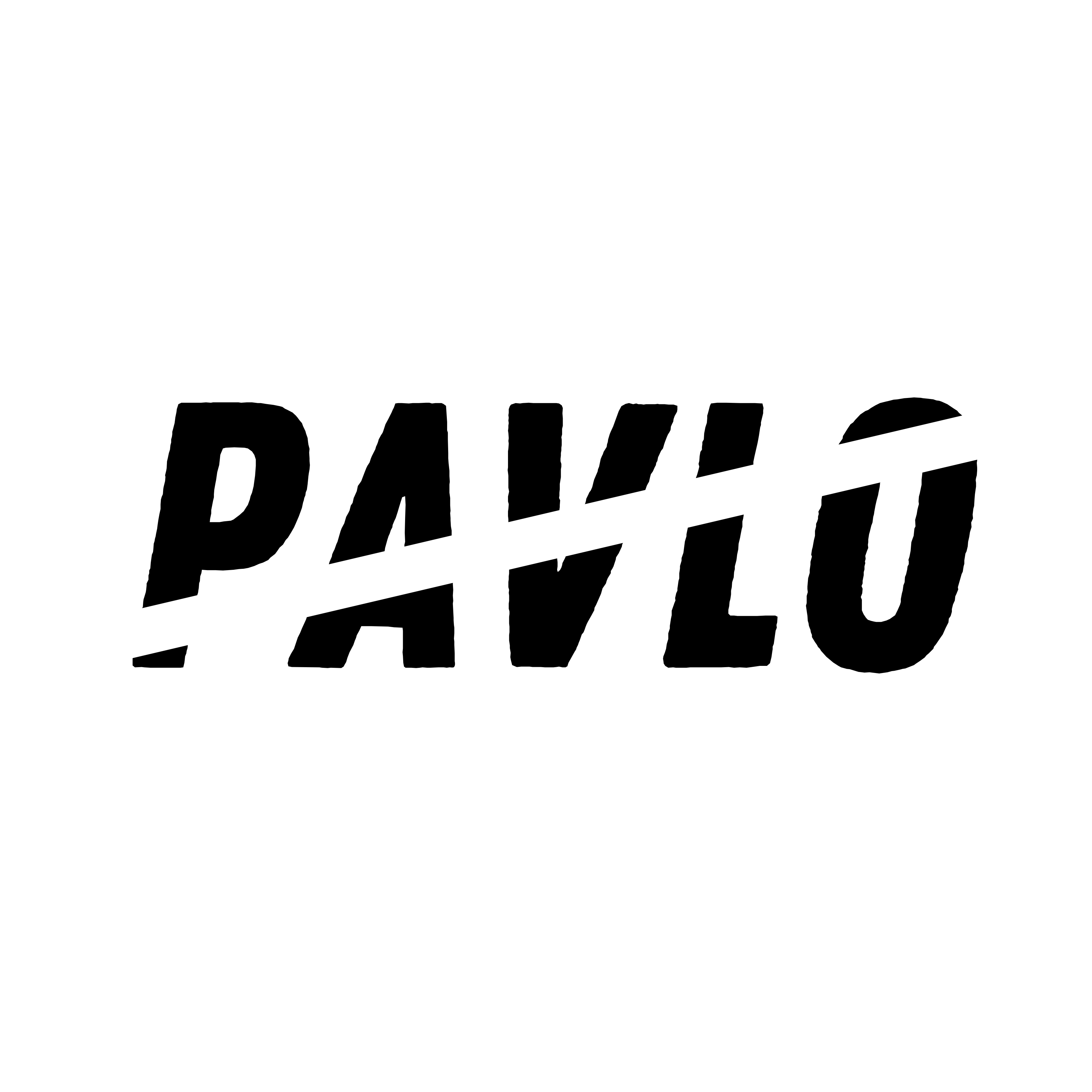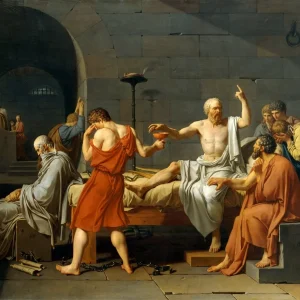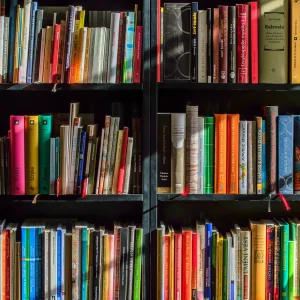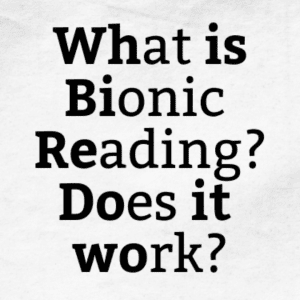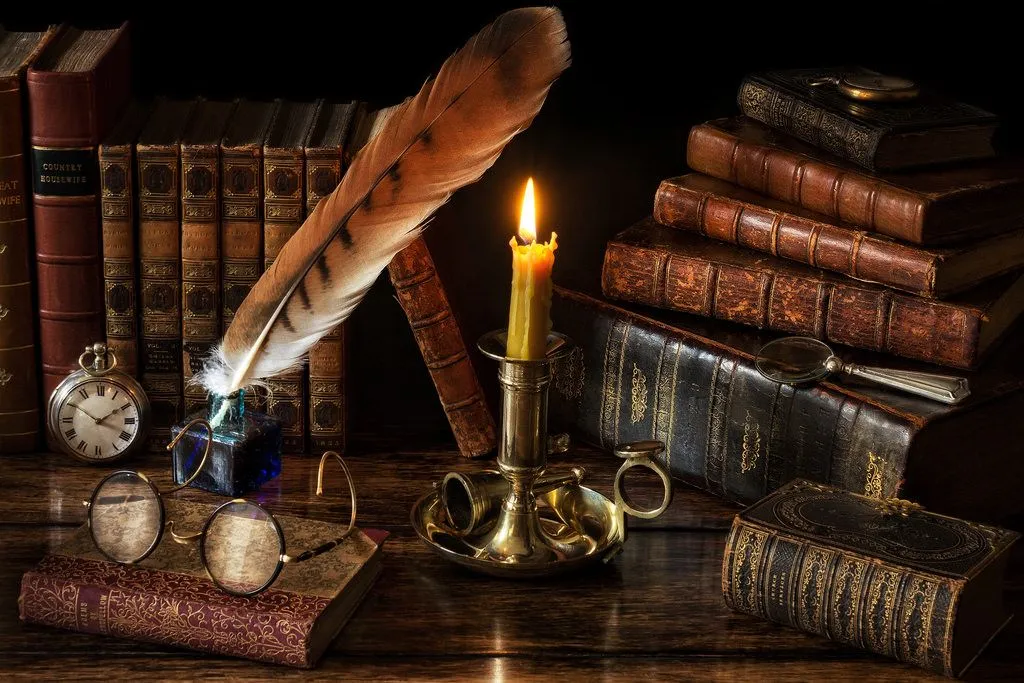
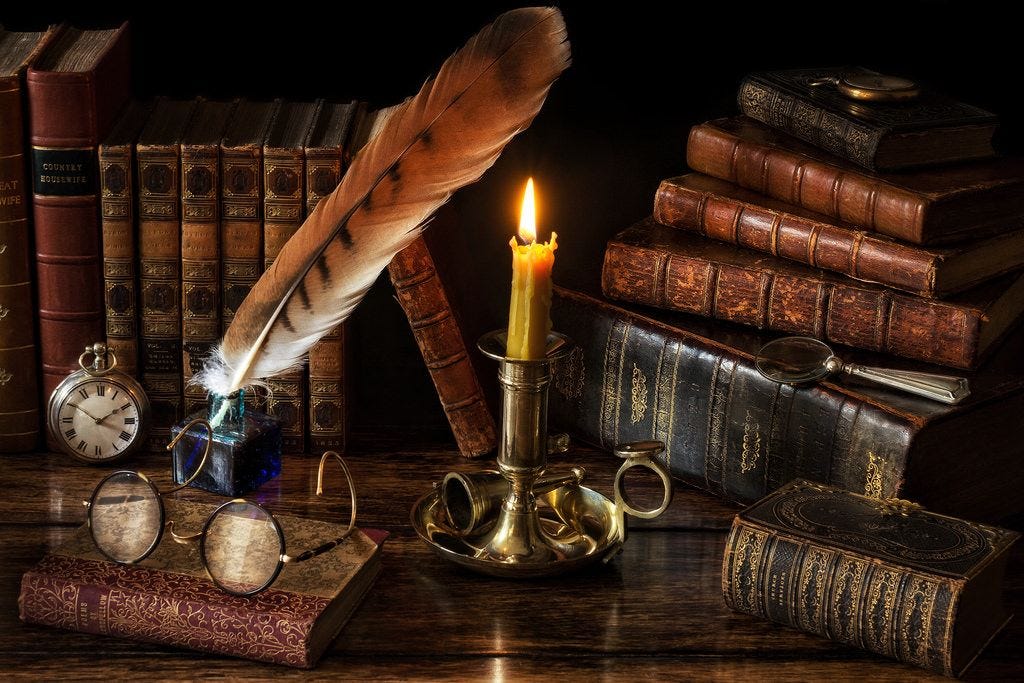
“The reading public bothers me, though. They don’t want to read about the blood and bones and guts of an issue. They want to read about something they’re not going to have to think about, and if it does hurt them… it won’t last very long. What has happened in this country is a failure of the imagination.”
~ Harry Crews
I truly believe one of the most useful functions one can do with their brief time on this planet is to read great books. Profound books. Books that set the soul ablaze. Books that purge the mind, in the words of Susan Sontag, “of much of the confusion and sterility that has clogged it.”
I can hardly bring myself to read contemporary books these days. I try. I really do. But I just can’t do it. Even the stiff, midafternoon Old Fashioned I pour myself does very little to loosen my literary biases.
I know there are still a few gems out there (Jim Harrison, Larry Brown, Cormac Mcarthy, Michel Houellebecq, Nick Tosches, Don DeLillo, Haruki Murakami, Margaret Atwood, Charles Bowden) but for the most part, contemporary writers lack the backbone, poetic insight, and deep wisdom of the literary figures of the past.
Books today are too guarded and their authors seem to write like most people live — depthless, appeasing, tiptoeing on eggshells along the road of life.
Perhaps this culture has become too safe? Perhaps we’ve become a bit too frivolous and acrimonious to produce great literary art. Hell, I don’t know.
Possibly, in this screen-obsessed era, the inherent, dynamic energy that had previously gone into inner creations has been completely sapped or put to use elsewhere. I don’t know. The literary world is all so soft and bloodless. There’s no edge today, no grit, nothing to make us think beyond our cultural cliches.
As I said, there are a few exceptions, but I doubt we’ll see another Mark Twain, Oscar Wilde, or Louis-Ferdinand Céline in this postmodern wasteland. We’re petrified of language as of late and would rather burn books than actually read them. Or as an ingenious poet once said, “there are worse crimes than burning books. One of them is not reading them.”
When I read, I want fire and destruction and radical intuition. I want to devour prose that stirs the blood and burns with intensity — pretty much everything lacking in today’s self-help, overly cautious, therapeutic age.
As Nietzsche once said, “Of all that is written, I love only what a person hath written with his blood… I hate the reading idlers.”
Unfortunately, many of the old little neighborhood bookstores have pretty much vanished — one of the many treasures in life wiped out by the digital era. Progress, you know. I can’t help but be reminded of the nostalgic words of the great Tom Waits:
“Book store owners and record store owners used to be oracles, in that way; you’d go in this dusty old place and they might point you toward something that would change your life. All that’s gone.”
Today, we buy books online or in one of those big-box corporate-owned bookstores that sit dispiritedly in some mega shopping center.
I recently walked into Barnes and Noble. Reluctantly, of course. Indeed it was “a clean, well-lighted place.” Much too clean. Too well-lighted. The incessant fodder that passes as “books” sat lifeless in their neatness on the shelves as the very few suburbanites who still read browsed the aisles — aisles relentlessly defiled with all this “how-to” rubble.
Apparently, by the names of these pitiful titles, we modern folks need to be told “how to live” and “how to be happy” and “how to reduce stress” by some fashionable guru of the day who so happens to be what we call “an influencer.”
My agitated eyes scan the titles — “Time Wise: Powerful Habits, More Time, Greater Joy.” And even better — “Good Vibes, Good Life: How Self-Love Is The Key To Unlocking Your Greatness.”
Christ, shoot me now.
I made my way over to the tiny “philosophy” section and became even more horrified. Where the hell is Bertrand Russell and Kiergargaard? Where is Heidegger? Wittgenstein? My God, what is all this rubbish that passes as philosophy these days? I spotted a book by Sartre and one by Camus and started to calm down a bit. Not all is lost.
It’s unsurprising I guess that the good folks who’ve never read Shakespeare, Nietzsche, Dostoevsky, or any of the greats seem to think that today’s sugar-coated books have something original or enlightening to say.
NY Times Bestsellers have the same ghastly substance as the piteous pop songs on the billboard top 100. They are sanitized and disinfected of vitality and truth, too catered to the rigid demands of publishers and the anemic sensibilities of the dull, under-read public. They are what we call “market-driven works.” Blah.
Many books today lack the guts of life which is why I can’t read them. They are written to coddle. They are written to gloss over the essential nature of the human condition. They are written to appease the gatekeepers and to make you “feel good” and propagate false hope. And it doesn’t do anyone any good.
As Slavoj Žižek once put it, “I despise the kind of book which tells you how to live, how to make yourself happy. Philosophers have no good news for you at this level. I believe the first duty of philosophy is making you understand what deep shit you are in!”
Unfettered optimism sells because it’s the lie that makes lifeless people feel good about their apathetic plight in life.
C’mon, man, life’s too short to soak yourself in the tub of mediocrity. In the words of Schopenhauer, “If a man wants to read good books, he must make a point of avoiding bad ones; for life is short, and time and energy limited.”
We must read the greats, the best, the dangerous, the unrivaled poetic geniuses that this dwindling civilization had once given us. “The reading of all good books is like a conversation with the finest minds of past centuries,” as one perceptive philosopher reminded us.
Read Dante and Shakespeare. Read Chekhov. Read Tolstoy and Dostoevsky. Read Whitman. Read Kierkegaard and Nietzsche. Read Emerson and Thoreau. Read Yeats and D.H. Lawrence. Read Camus and Sartre. Read Faulkner and Steinbeck. Read Jung and Joseph Campbell. Read James Baldwin and Simone de Beauvoir. Read Pessoa and Cioran. Read Susan Sontag and Hannah Arendt. Read Virginia Woolf.
Don’t die without reading these folks.
Sitting in a tiny cell in a brutal Moscow prison during the war years, the Polish Poet, Aleksander Wat, had this to say about the necessity of reading the greats:
“I had a great desire to live because I found Nietzsche’s amor fati (love your fate) in every trifle in every book, even the pessimistic ones. The more pessimistic the book, the more pulsating energy, life energy, I felt beneath its surface — as if all of literature were only the praise of life’s beauty, of all of life, as if nature’s many charms were insufficient to dissuade us from suicide, from Ecclesiastes, and from Seneca’s ‘better not to have been born at all but, if born, better to die at once.’”
Reading the great books of the past, in the words of one literary critic, “is the highest form of literary pleasure, and instructs you in what is deepest in your own yearnings.”
Books, more than anything, ought to stimulate a keen desire for life and prompt you to rethink your conditioned concepts. It should awaken you to the necessity of your daily death, metaphysically speaking.
For me, reading a profound book sparks this ineffable eagerness to holler from the rooftops of this crazed world. Devouring a passage of elegant prose, I find myself pacing back and forth in my room in utter madness, bewilderment, and complete ecstasy. I feel privileged to have the opportunity to read the great minds of the past and to revel in their unrivaled wisdom.
I read their words out loud multiple times and can’t help being overcome by this fierce urge to share these words with whoever is in close proximity. I want to share this fuming profundity with them, with everyone, with the world.
Steinbeck does this to me. Henry Miller and George Orwell do this to me. Albert Camus and Kerouac. Blaise Cendrars and Jean Genet, hell yes! The great poets too — Bukowski, Plath, Keats, Jim Harrison, Baudelaire, Rimbaud, Dylan Thomas, Roethke, Verlaine. My God, you have to read these people.
The poet Donald Hall reminded us that “Literature starts by being personal, but the deeper we go inside the more we become everybody.”
Indeed.
Don’t read books for cheap and idle entertainment. Don’t read the fashionable self-help books that usually cause more harm than good. Read books that’ll spark an internal upheaval of your inner landscape. Read books that’ll revamp your prefrontal cortex and separate you from the obvious.
“If you only read the books that everyone else is reading,” Haruki Murakami once said, “you can only think what everyone else is thinking.”
Information is vast but wisdom is sparse.
We read to know ourselves more deeply, to understand life more deeply. We read because it’s one of the finest luxuries solitude provides us. We read to be prepared for the inevitable meeting with adversity and opposition.
We read Emerson to strengthen ourselves and to give us the fortitude and vigor to face a “world that is constantly trying to make [us] something else.”
We read the stoics — Seneca, Marcus Aurelius, and Epictetus — “To make the best of what is in our power, and take the rest as it occurs.”
We read the short stories of Checkov, Hemingway, and Flannery O’Connor, to better understand the ironies and complexities of the human condition.
We read Marcel Proust for his universal wisdom and the rejuvenating power of his immaculate prose.
It’s in deep, deliberate reading that we discover at our core that we’re much more alike than the world would have us believe.
In the idyllic words of the great James Baldwin, “You think your pain and your heartbreak are unprecedented in the history of the world, but then you read. It was books that taught me that the things that tormented me most were the very things that connected me with all the people who were alive, who had ever been alive.”
I’ll end with a beautiful passage from one of the greats of the 20th century, Franz Kafka:
“I think we ought to read only the kind of books that wound or stab us. If the book we’re reading doesn’t wake us up with a blow to the head, what are we reading for? So that it will make us happy, as you write?
Good Lord, we would be happy precisely if we had no books, and the kind of books that make us happy are the kind we could write ourselves if we had to. But we need books that affect us like a disaster, that grieve us deeply, like the death of someone we loved more than ourselves, like being banished into forests far from everyone, like a suicide.
A book must be the axe for the frozen sea within us.”
That’s why we’ve put together this article, packed with actionable tips and emotional insights to help you make the most of Medium and start earning money today. So whether you’re just starting out or you’re a seasoned writer looking to boost your income, read on to learn how to make money on Medium with free traffic.
If you enjoy the article, I would greatly appreciate it if you could leave a comment or share it with your friends and colleagues. Your support is what keeps me motivated to create more high-quality content. Together, we can continue to learn and grow. Thank you for being a part of my blog community!
